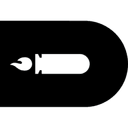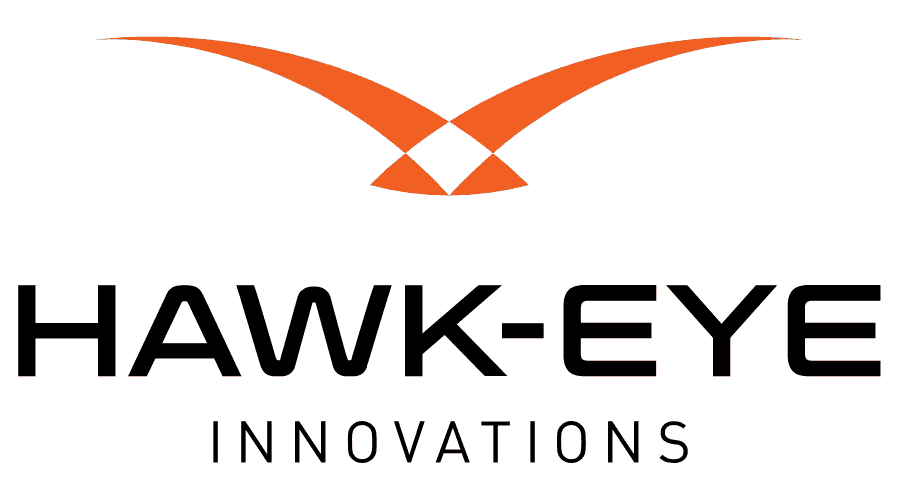Irradiation and Characterization of Fusion Materials - Postdoctoral Researcher
LLNL
Job Summary
The Materials Science Division at Lawrence Livermore National Laboratory (LLNL) is seeking a Postdoctoral Researcher to advance novel complex metal alloys for structural applications in fusion reactors. The role involves designing and executing ion irradiation experiments to investigate fundamental radiation damage mechanisms and their impact on microstructural evolution and resulting properties. The successful candidate will also develop and validate multi-scale simulation frameworks for radiation-induced defect evolution, integrating experimental findings with modeling and simulation efforts. This position requires a Ph.D. in Materials Science, Metallurgy, Nuclear Engineering, or a closely related field, along with strong experience in radiation damage experiments and advanced materials characterization.
Must Have
- Ph.D. in Materials Science, Metallurgy, Nuclear Engineering, or a closely related field
- Demonstrated experience in radiation damage experiments, ideally including light and heavy ions as well as neutron
- Strong background in advanced materials characterization, particularly microscopy and microanalysis of irradiated materials
- Experience in alloy design, synthesis, and processing of refractory metals
- Excellent analytical and organizational skills
- Proficient verbal and written communication skills as reflected in effective presentations and a strong publication record
- Initiative and interpersonal skills with desire and ability to work in a collaborative, multidisciplinary team environment
- Ability to design and execute ion irradiation experiments on refractory metals and alloys
- Ability to develop and characterize novel alloy systems with improved radiation tolerance and mechanical properties
- Proficiency in advanced characterization techniques (e.g., TEM, SEM, APT, XRD, nanoindentation)
- Ability to analyze experimental data, interpret results, and contribute to understanding irradiation effects
- Ability to develop and validate a multi-scale simulation framework for radiation-induced defect evolution
- Ability to implement the framework in parallel simulation codes for LLNL supercomputers
- Ability to integrate FP-KMC, on-lattice KMC, and MD methods for atomic-resolution modeling
- Ability to parameterize defect migration energies from atomistic simulations and incorporate results into KMC simulations
- Ability to perform MD simulations to predict primary damage cascades and point defect production rates
- Ability to analyze simulation outputs to predict macroscopic swelling and strain hardening
- Ability to interface with experimentalists and AI practitioners to validate models and propose directions for alloys property optimization
Good to Have
- Familiarity with first wall materials requirements for fusion energy applications
- Experience with tungsten-based and/or vanadium-based alloys
Perks & Benefits
- Flexible Benefits Package
- 401(k)
- Relocation Assistance
- Education Reimbursement Program
- Flexible schedules (depending on project needs)
Job Description
Join us and make YOUR mark on the World!
Are you interested in joining some of the brightest talent in the world to strengthen the United States’ security? Come join Lawrence Livermore National Laboratory (LLNL) where our employees apply their expertise to create solutions for BIG ideas that make our world a better place.
We are dedicated to fostering a culture that values individuals, talents, partnerships, ideas, experiences, and diverse perspectives, recognizing their importance to the continued success of the Laboratory’s mission.
The Materials Science Division (MSD) at Lawrence Livermore National Laboratory (LLNL) is seeking Postdoctoral Researcher to advance the development of novel complex metal alloys for structural applications (e.g., first wall) in fusion reactors. The successful candidate will focus on light and heavy ion irradiation experiments to investigate fundamental radiation damage mechanisms and their impact on microstructural evolution and resulting properties, with the goal of supporting the design of new advanced alloys with improved survivability under fusion-relevant conditions.
This position is based in the Actinide and Lanthanides Science group and will involve close collaboration with the Center for Accelerator Mass Spectrometry (CAMS) for irradiation studies.
In this role you will
- Design and execute ion irradiation experiments (light and heavy ions) on refractory metals and alloys at the CAMS.
- Develop and characterize novel alloy systems with improved radiation tolerance and mechanical properties.
- Employ advanced characterization techniques (e.g., TEM, SEM, APT, XRD, nanoindentation) to assess microstructural changes, defect evolution, and mechanical response post-irradiation.
- Analyze experimental data, interpret results in the context of fusion reactor environments, and contribute to the understanding of irradiation effects in candidate materials.
- Collaborate with multidisciplinary teams across LLNL and external partners, integrating experimental findings with modeling and simulation efforts as appropriate.
- Prepare technical reports and publish findings in peer-reviewed journals.
- Present research at conferences, seminars, and/or technical meetings.
- Maintain rigorous safety and compliance standards in all laboratory activities.
- Perform other duties as assigned.
In this role you will
- Develop and validate a multi-scale simulation framework for radiation-induced defect evolution in complex alloys, focusing on refractory high entropy alloys (RHEAs).
- Implement the framework in parallel simulation codes intended to run on LLNL supercomputers.
- Integrate FP-KMC, on-lattice KMC, and MD methods to achieve atomic-resolution modeling over extended timescales.
- Parameterize defect migration energies from atomistic simulations and incorporate results into KMC simulations.
- Perform MD simulations to predict primary damage cascades and point defect production rates.
- Analyze simulation outputs to predict macroscopic swelling and strain hardening.
- Interface with experimentalists and AI practitioners to validate models and propose directions for alloys property optimization.
- Work both independently and collaborate with others in a multidisciplinary team environment to accomplish program goals.
- Publish research results in peer-reviewed scientific journals and present results at external conferences, seminars, and/or technical meetings.
- Perform other duties as assigned.













